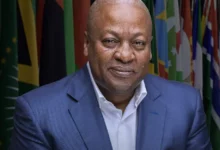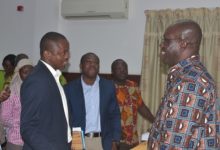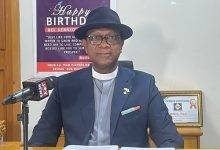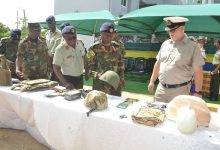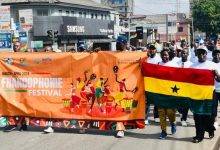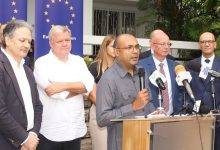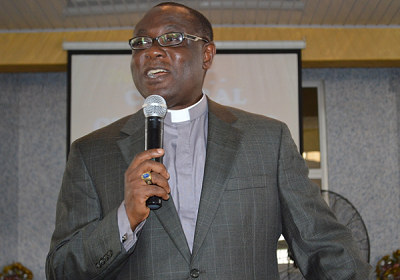
The National Peace Council has raised concerns about the spate of coup d’états in the West African sub-region.
It said it was especially worried about “reckless pronouncements” by some persons in the country in the wake of coup d’états and its excesses.
“We wish they will not ever happen again in our country and people must be measured in their commentaries and actions, especially, around this time when public comments of a possible coup in Ghana has the tendency of affecting peace and security,” the Council warned.
Reverend Dr Ernest Adu-Gyamfi, the Chairman of the National Peace Council, raised the sentiment and recounted past military juntas from 1966 and the excesses.
Burkina Faso, on January 24, became the third member of the 15-nation Economic Community of West African States (ECOWAS) to be overtaken by the military, a coup in Mali in September 2020 was followed by a second in May 2021, and in Guinea, where elected President Alpha Conde was deposed last September.
Dr Adu-Gyamfi, speaking at a management and staff retreat of the National Peace Council, called on the citizenry to be measured in their utterances when such unconstitutional incidents occur in other countries because its excesses stalled progress, growth and development.
He appealed to the media and politicians to desist from making distasteful remarks and work towards sustaining peace, unity, security, harmony and cohesion and asked them to ensure their platforms were not used to incite people to carry out acts that could disturb the peace, unity and security of the country.
“Some of these pockets of agitations enable other people to take advantage of situation, and because there is unrest in those countries, people think it is the right time to strike or take advantage of situation because of their unhappiness,” Dr Adu-Gyamfi cautioned.
Ambrose Dery, Minister for The Interior, pointed out that existence of pervasive ethnic and chieftaincy conflicts in Northern Ghana, intra-religious clashes, inadequate capacity of institutions and communities made unemployed youth vulnerable to radicalism and violent extremism.
He indicated that external threats to the country’s peace and security largely emanated from West Africa and the Sahel, including spillovers from violent extremism, terrorism, acquisition and transborder smuggling of illegal, light weapons, drug trafficking and crimes relating to trafficking.
“Ghana faces potential threat of recruitment and radicalisation, particularly of the youth, as threat of violent extremism descended towards coastal states from the Sahel, with increases in attacks in Burkina Faso, Mali and Niger,” Mr Dery noted.
“All threats for terrorist violence has in the last four years provoked predictions and fears the country could be the next frontier targeted for such radicalisation and attacks in the West Africa sub-region,” he lamented. -GNA

